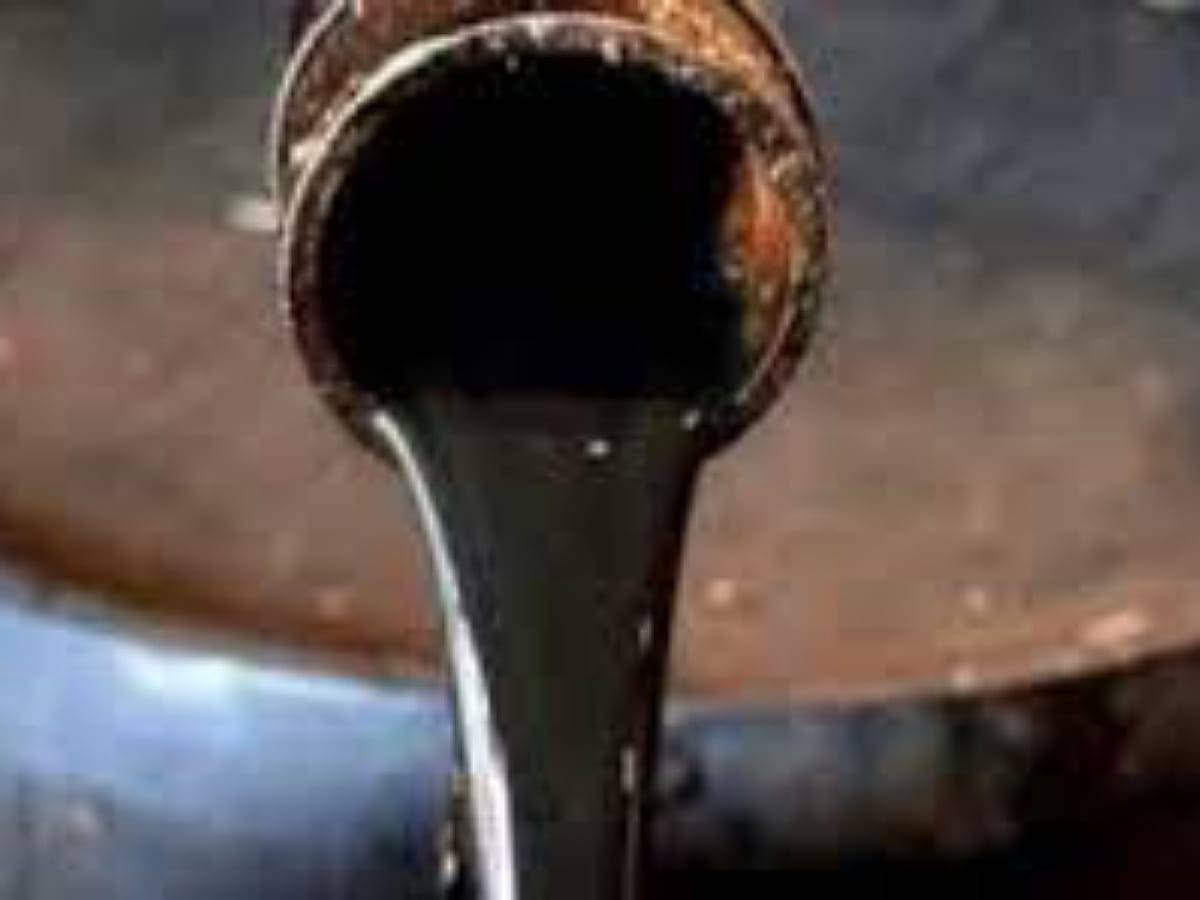
Chennai: In the case of oil imports, India till now is on a firm path of sourcing the product cheaply from Russia since the latters invasion of Ukraine.
This is much against the wishes of the western powers who want to bring down the Russian economy by curbing its oil revenue.
However, the Indian government has categorically said that it would source what it needs from where the price is advantageous.
The government also said its three oil marketing companies are not buying crude from Russia but only the private companies are the ones who are buying, refining and shipping out.
According to reports, India’s exports of petroleum products shot up to $78.58 billion for the period April 2022 to January 2023, from $50.77 billion shipped out during the previous year corresponding period.
Fueled by the imports of crude oil, India’s imports from Russia went up by about 384 per cent to $37.31 billion during April 2022-January 2023. As a result, Russia became India’s fourth largest import partner up from 18th position in 2021-22.
The soaring oil imports from Russia have prevented India from paying for the commodities in Rupees.
Queried about the impact of the Russia-Ukraine war on the Indian oil sector, Sweta Patodia, AVP, Analyst, Moody’s Investors Service told IANS: “Crude oil and international fuel prices have surged following the Russia-Ukraine war. Net realized prices for the oil marketing companies in India, however, have not increased at the same pace which has resulted in significant marketing losses for them.
“While the marketing losses were steep in the first half of the fiscal year, it has narrowed since then.”
According to Patodia, the EU imposed price cap on Russian crude purchases will have an impact on the overall crude oil market but any assessment of specific impact will be speculative.
On the Russian announcement of cutting down oil production following the price cap, Patodia said: “Reduction in oil production from Russia, if not met by a corresponding increase in production from other producers or demand moderation, will reduce the overall supply relative to demand and may strengthen the crude oil prices.”
According to a recent credit rating report by ICRA on Oil and Natural Gas Corporation Limited (ONGC), the latter’s subsidiary OVL’s assets in Russia were impacted due to geopolitical issues and normal operations in these are expected to resume shortly.
Moody’s in a research report last March said ONGC, Oil India, Indian Oil Corporation and Bharat Petroleum Corporation Ltd (BPCL) have invested in upstream oil and gas assets in Russia.
According to Moody’s import bans and international sanctions on Russia may constrain the future cash flow-generating capacity of these assets and lead to impairment losses for the companies.
Indian companies, however, have not announced an exit from their Russian investments. An immediate impairment in the value of investments will be limited, especially in the current oil price environmentChennai, Feb 18 (IANS) In the case of oil imports, India till now is on a firm path of sourcing the product cheaply from Russia since the latters invasion of Ukraine.
This is much against the wishes of the western powers who want to bring down the Russian economy by curbing its oil revenue.
However, the Indian government has categorically said that it would source what it needs from where the price is advantageous.
The government also said its three oil marketing companies are not buying crude from Russia but only the private companies are the ones who are buying, refining and shipping out.
According to reports, India’s exports of petroleum products shot up to $78.58 billion for the period April 2022 to January 2023, from $50.77 billion shipped out during the previous year corresponding period.
Fueled by the imports of crude oil, India’s imports from Russia went up by about 384 per cent to $37.31 billion during April 2022-January 2023. As a result, Russia became India’s fourth largest import partner up from 18th position in 2021-22.
The soaring oil imports from Russia have prevented India from paying for the commodities in Rupees.
Queried about the impact of the Russia-Ukraine war on the Indian oil sector, Sweta Patodia, AVP, Analyst, Moody’s Investors Service told IANS: “Crude oil and international fuel prices have surged following the Russia-Ukraine war. Net realized prices for the oil marketing companies in India, however, have not increased at the same pace which has resulted in significant marketing losses for them.
“While the marketing losses were steep in the first half of the fiscal year, it has narrowed since then.”
According to Patodia, the EU imposed price cap on Russian crude purchases will have an impact on the overall crude oil market but any assessment of specific impact will be speculative.
On the Russian announcement of cutting down oil production following the price cap, Patodia said: “Reduction in oil production from Russia, if not met by a corresponding increase in production from other producers or demand moderation, will reduce the overall supply relative to demand and may strengthen the crude oil prices.”
According to a recent credit rating report by ICRA on Oil and Natural Gas Corporation Limited (ONGC), the latter’s subsidiary OVL’s assets in Russia were impacted due to geopolitical issues and normal operations in these are expected to resume shortly.
Moody’s in a research report last March said ONGC, Oil India, Indian Oil Corporation and Bharat Petroleum Corporation Ltd (BPCL) have invested in upstream oil and gas assets in Russia.
According to Moody’s import bans and international sanctions on Russia may constrain the future cash flow-generating capacity of these assets and lead to impairment losses for the companies.
Indian companies, however, have not announced an exit from their Russian investments. An immediate impairment in the value of investments will be limited, especially in the current oil price environment.
